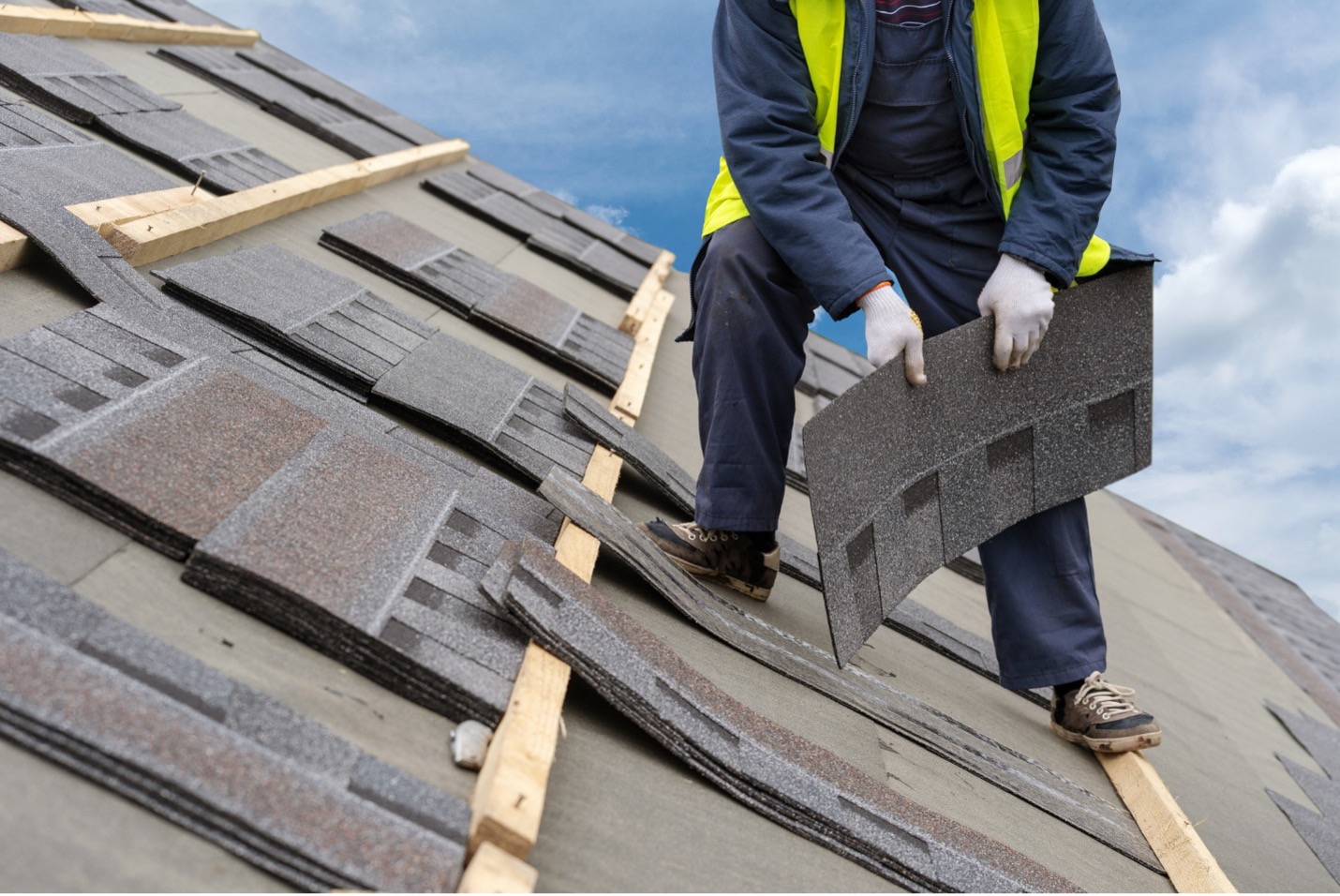According to IBISWorld stats, there are 4,142 roofing contractors in Florida. So, there is plenty of professional roofing opportunity out there!
If you want to become a roofer, you’ve got to get the basics nailed to be competitive. This means understanding the roofing laws in Florida.
Also, Florida has frequent storms and a high risk of hurricane damage. So, it’s essential to know the rules for repairing and replacing roofs.
In this article, we’ll cover everything you need to know about roofing laws in Florida. This includes the requirements for obtaining a contractor’s license. It also includes the standards for roofing materials and installation and the laws surrounding hurricane roof damage.
Read on to get the lowdown!
Obtaining a Contractor’s License in Florida
To work as a roofing contractor in Florida, you must first obtain a roofing contractor’s license, as per Florida law. You get this from the Department of Professional Regulation (DBPR) through the oversight of the Construction Industry Licensing Board (CILB).
To qualify for a roofing license, you must pass a computer-based trade exam with 70% or higher. You also need a minimum of four years of experience in the roofing industry, or up to three years of college credits plus one year of experience as a foreman.
In addition, you must do the following:
- Show proof of workers’ compensation insurance
- General liability insurance
- Pass a background check
- Submit a credit report
It is important to note that the state of Florida has only one Certified Roofing Contractor license option which allows you to engage in roofing projects for both commercial and residential properties.
Florida Roofing Laws to Know
Roof Replacement
In Florida, roofing contractors need to follow specific laws when it comes to replacing roofs. For example, all roofing materials must be approved for use under the provisions provided in the Florida Building Code. You must also install them in accordance with the manufacturer’s specifications.
Furthermore, the state has strict requirements for the installation of hurricane straps and anchors. Hurricane straps keep roofs securely attached to the structure in the event of high winds.
Florida law requires that you perform almost all roofing work as a licensed roofing contractor. If you are caught performing roofing installation or repair without a required license, you could face fines and penalties. You may even be barred from obtaining a contractor’s license in the future.
Hurricane Roof Damage
It’s likely that you’ll encounter clients with roof damage in Florida resulting from hurricanes or other storms. In such cases, it is important to be familiar with the laws governing storm damage repairs.
For example, the state of Florida has strict requirements for the inspection of roofs after a storm. Plus, only licensed contractors are allowed to perform repairs.
The state also has a program in place to help homeowners with the cost of storm repairs. But in order to qualify for assistance, the repairs must be performed by a licensed contractor and must meet certain standards.
It is also important to note that after a storm, many homeowners may be approached by “storm chasers” who offer to repair roofs at an unrealistic low cost. Many of these scammers are often unlicensed and may perform substandard work.
As a licensed Florida roofing contractor, it is your responsibility to educate homeowners about the dangers of working with unlicensed contractors. You need to provide them with a high-quality, professional service to repair or replace their roofs effectively.
Roofing Materials and Installation Standards
Roofing contractors in Florida are required to use materials that are approved for use by the Florida Building Code. This includes ensuring that the materials are suitable for the weather conditions in the state. Plus, they should meet the necessary wind resistance and other performance standards.
You should note that many localities in Florida may have their own specific requirements for roofing materials. So, it is essential to be familiar with the regulations in your area.
Roofing contractors should follow specific standards for the installation of flashing, underlayment, and other roofing materials and components. These are critical elements designed to protect the roof against water infiltration and leakage. They also ensure that the roof will last as long as possible.
Common Types of Roofs That Contractors Install in Florida
When it comes to roofing in Florida, there are a few types of roofs that contractors commonly install.
Shingle roofs are the most popular type of roof covering in Florida. They are made of asphalt and are affordable, durable, and easy to install. They are also available in a variety of colors, making it easy to coordinate the roof to the color of your home.
Tile roofs are also a popular choice for Florida homeowners because they can withstand Florida’s intense heat and heavy rain. They are made of clay or concrete and are available in a variety of colors and styles. They are also long-lasting and require little maintenance.
Metal roofs are becoming more popular in Florida because they are durable, energy-efficient, and can withstand strong winds. They are also available in a variety of colors and styles provide a clean, architectural look.
Flat roofs are commonly used in Florida for commercial and industrial buildings. They are easy to install, maintain and repair. They are also energy efficient and can be coated with reflective materials to keep the building cooler.
Roofing Laws in Florida Explained
Becoming a roofing contractor in Florida requires obtaining a license from the State of Florida. You have to pass a computer-based Business and Finance exam plus a Trade-specific exam. There is also an experience requirement of up to four years in the field, depending upon your educational background.
Upon licensure, you must maintain adequate levels of property and liability insurance plus Worker’s Compensation insurance.
At Gold Coast School of Construction, we offer Florida roofing license exam prep so you can become a certified roofer in Florida fast! You can call us at (800) 732-9140 for details.

